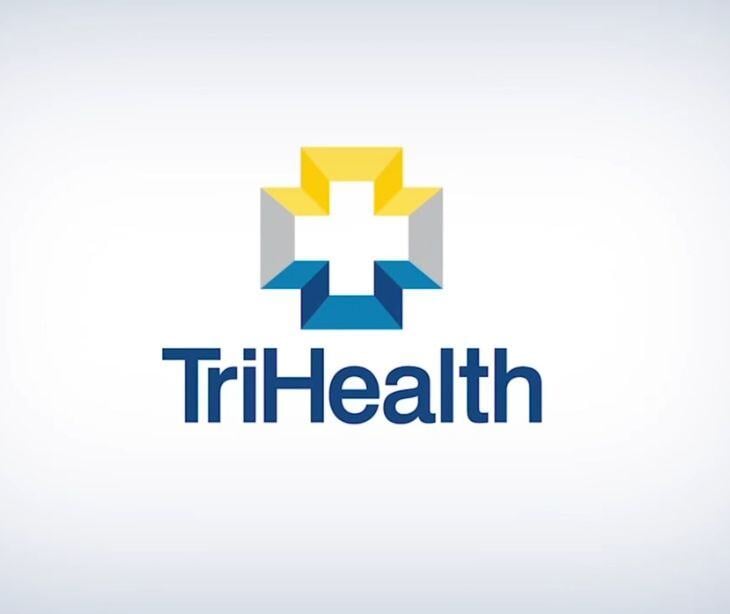
The Missouri-based healthcare system recently provided a notice that the organization faced a data breach.
What happened
On September 5th, 2024, Delta Health System filed a notice of a data breach with the Attorney General of Montana. The notice was also filed on the hospital system’s website.
The number of impacted individuals has not yet been announced, but if it is over 500, Delta Health System must report it to the Department of Health and Human Services (HHS).
According to the notice, accessed information may have included:
- Contact information such as names, addresses, phone numbers, and email addresses
- Dates of birth
- Social Security Numbers or U.S. Alien Registration Numbers
- Driver’s license numbers or state ID numbers
- Financial account information
- Medical and health insurance information, including treatment/diagnosis information, prescription information, provider name, medical records, and more.
Going deeper
Delta Health System has been serving Greenville, Missouri since 1953. The system has nearly 30 medical centers around the tri-state area.
According to their notice of a data breach, the system first detected unusual activity on January 21st, 2024. Upon discovery, Delta Health System immediately began an investigation, enlisting the help of a third-party cybersecurity specialist.
The investigation revealed that the hospital system’s information was accessed between January 15th to January 21st, 2024.
The company said that they notified law enforcement and “are reviewing our policies and procedures related to data protection.” Delta Health System says that currently they have no reason to believe any information has been or will be misused as a result of the incident.
Delta Health System is providing credit monitoring and identity protection services. They are also offering a helpline for potential victims who may need additional assistance.
Why it matters
Data breaches against organizations like Delta Health System can have a range of impacts. Primarily, these breaches can result in financial losses; it’s common for organizations to face class action lawsuits or fines from the Office of Civil Rights (OCR). Outside of this, it can be costly to review and enhance data protections all at once.
Financial costs are not the only impact–organizations also face reputational impacts, as patients may no longer trust the hospital with their sensitive medical information. With each data breach, patients can become more susceptible to identity theft or fraud.
The big picture
The network attack against Delta Health System is one of many data breaches plaguing the healthcare industry. Many healthcare organizations operate with outdated technology, making them prone to attacks.
The best way to prevent an attack is to have a high standard of security. With the right protocols and safeguards, most attacks can be prevented.




